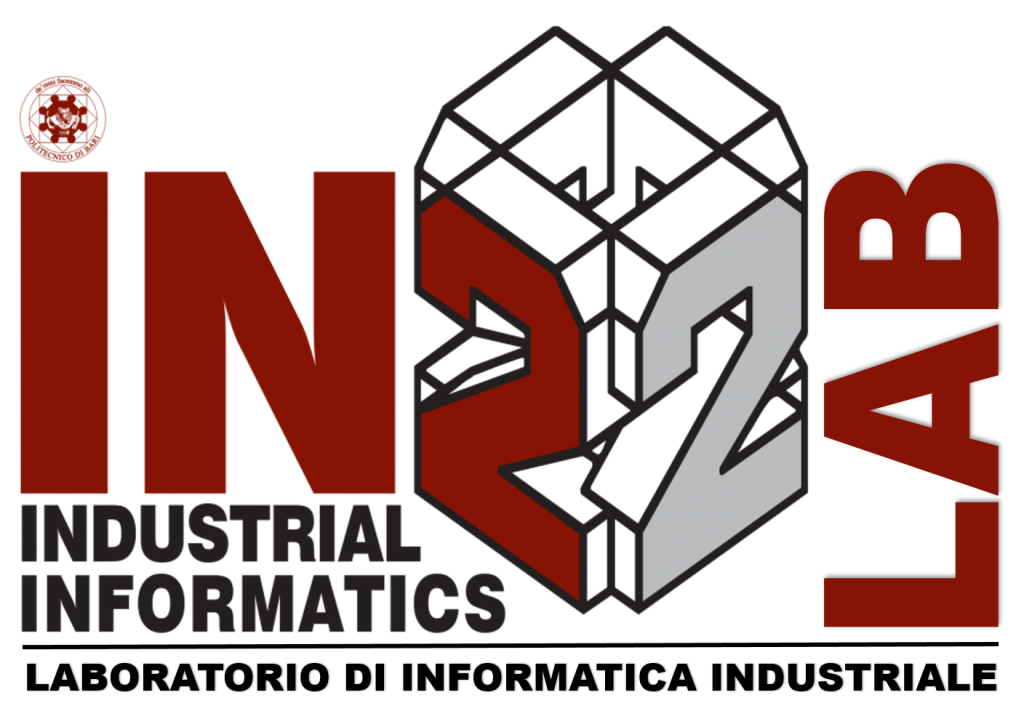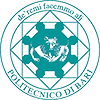
Information
Prof. Eng. Vitoantonio Bevilacqua, Ph.D.
Full Professor, Scientific Coordinator
Vitoantonio Bevilacqua is Full Professor in Bioengineering at the Electrical and Information Engineering Department of Polytechnic University of Bari (DEI-POLIBA) and the Coordinator of the Master’s Degree in Medical Systems Engineering.
He obtained the Laurea Degree in Electronic Engineering, the Ph.D. in Electrical Engineering and the Post-Doc in Industrial Informatics from Polytechnic University of Bari and National Scientific Habilitation (ASN) as Full Professor of Information Processing Systems.
In March 2019 he founded Apulian Bioengineering S.r.l., a start-up and spin-off company of Polytechnic University of Bari and is currently its Chief Executive Officer. In September 2019 he joined the BioRobotics Institute of Scuola Superiore Sant’Anna di Pisa as Affiliate Professor.
Currently he is the Head of Industrial Informatics Lab and also the Unique Representative and Scientific Coordinator of the Public-Private Laboratory “Cognitive Diagnostics” founded in a partnership between Polytechnic University of Bari and Comau s.p.a.
He published more than 270 scientific papers.
MAIN RESEARCH ACTIVITIES
Since 1996 he has been working and investigating in the field of computer vision and image processing, bioengineering, human-machine interaction based on machine learning and soft computing techniques (neural networks, evolutionary algorithms, hybrid expert systems, deep learning).
The main applications of his research are in medicine, in biometry, in bioinformatics in ambient assisted living and industry. In July 2000 he was involved as Visiting Researcher in an EC funded TMR (Trans-Mobility of Researchers) network (ERB FMRX-CT97-0127) called CAMERA (CAd Modeling Environment from Range Images) and worked in Manchester (UK) at UK Robotics Ltd, in the field of geometric feature extraction and 3D objects reconstruction. He published more than 270 international papers and chaired several sessions such as Speech Recognition, Biomedical Informatics, Intelligent Image Processing and Bioinformatics in international conferences.
In July 2011, he was invited as lecturer at International School on Medical Imaging using Bioinspired and Soft Computing-Miere (Spain) MIBISOC FP7-PEOPLE-ITN-2008. GA N. 238819— where he presented his research on Intelligent Tumors Computer Aided Early Diagnosis and Therapy: Neural Network and Genetic Algorithms frameworks.
RECENT DIDACTIC ACTIVITIES
Medical Image Processing, Advanced Bioinformatics, Systems for Rehabilitation and Assisted Therapy, Bioinformatics and Big Data Analytics, Human-Machine Interaction, Medical Informatics, Expert Systems, C/C++ Programming, Algorithms and Data Structures in Java at DEI-POLIBA and Bioengineering: Analysis of Movement, Bioengineering and Information for Rehabilitation at the School of Medicine – University of Bari.
For a complete list of publications: Scopus, PubMed and Google Scholar.

































